Interest in Conflicts of Interest
In a previous article, I wrote about some possible conflicts of interest related to the Verizon Wireless Amphitheatre. The land was purchased from Cousins Properties and Duke Realty and, I’ve since discovered, Duke Realty also was contracted to build it (see note). It is worrisome when the leaders of a non-profit benefit financially from the non-profit organization that they are charged to lead. Donors and grantors do not like to think that they are paying to line a private individual’s pockets when they are trying to support the mission of an organization. That’s why I was so disappointed in what I found when I took a closer look at the Woodruff Arts Center’s (WAC) Forms 990.
Since 2008, non-profits have been required to disclose any business transactions involving interested persons (i.e. people in the organization that may face a conflict of interest in performing their duties). This would include any of the trustees and would absolutely include anyone on the Board of Governors. The WAC’s 2012 Form 990 lists four such business transactions with trustees.
Robbie Reports is a blog set up by Robbie Clark, a man who loves music and is an avid fan of the Atlanta Symphony Orchestra. Concerned about the Woodruff Arts Center’s lockout of the ATL Symphony Musicians, Robbie began looking into the business practices of the Atlanta Symphony Orchestra and its parent organization, the Woodruff Arts Center, and did not like what he found. Robbie Reports hopes to bring attention to some of the many things that Robbie has found that need to be addressed to assure that the Atlanta Symphony Orchestra — and the rest of the divisions of the Woodruff Arts Center — have the kind of effective management that they need to continue providing the highest caliber art to the Atlanta area.
Robbie Clark’s investigative work is independent of the Atlanta Symphony Orchestra Players Association. While he does partner with Save Our Symphony Atlanta to get these stories distributed, the choice in subject matter, research, and decision to publish are all his own. Because this work deals with issues that go beyond the Atlanta Symphony Orchestra lockout, Robbie will continue his work during the negotiations.


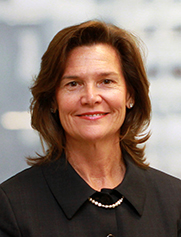
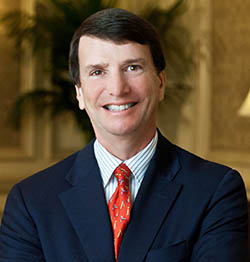
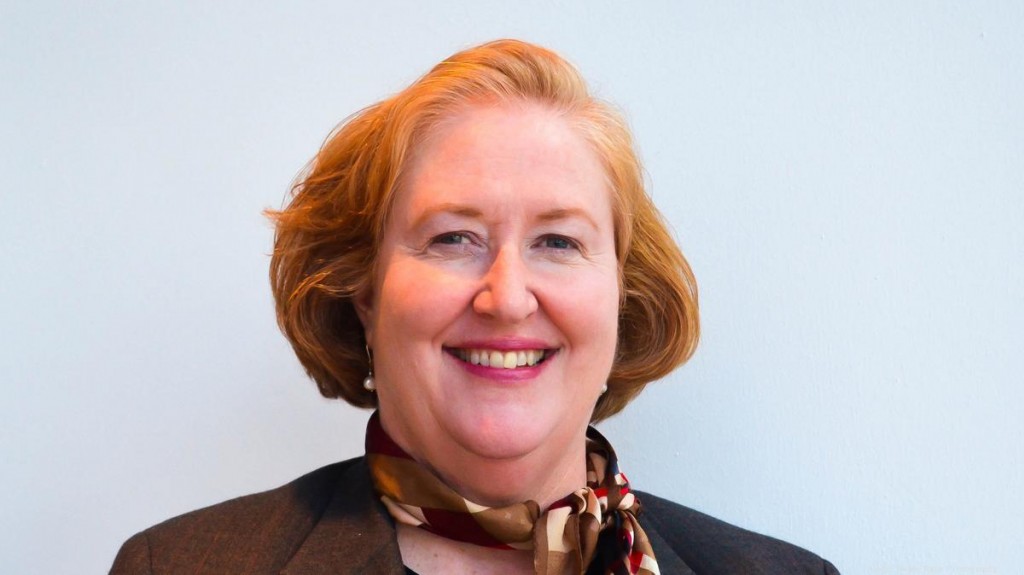

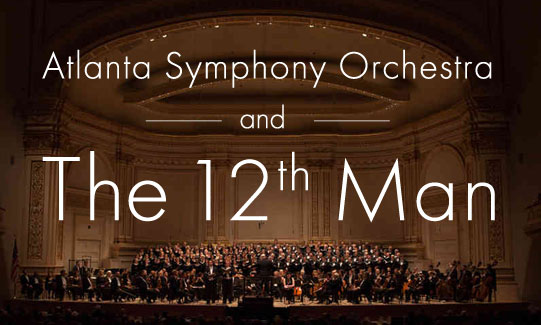
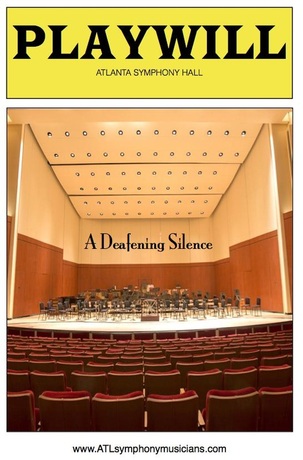

 RSS Feed
RSS Feed